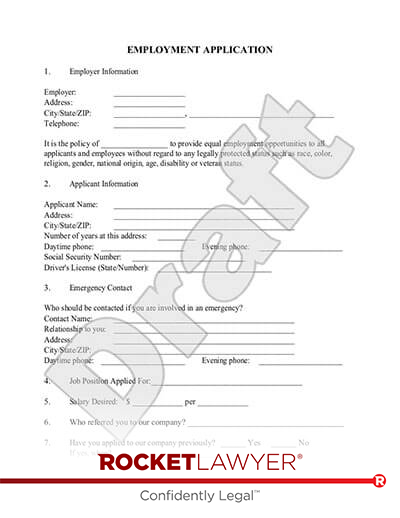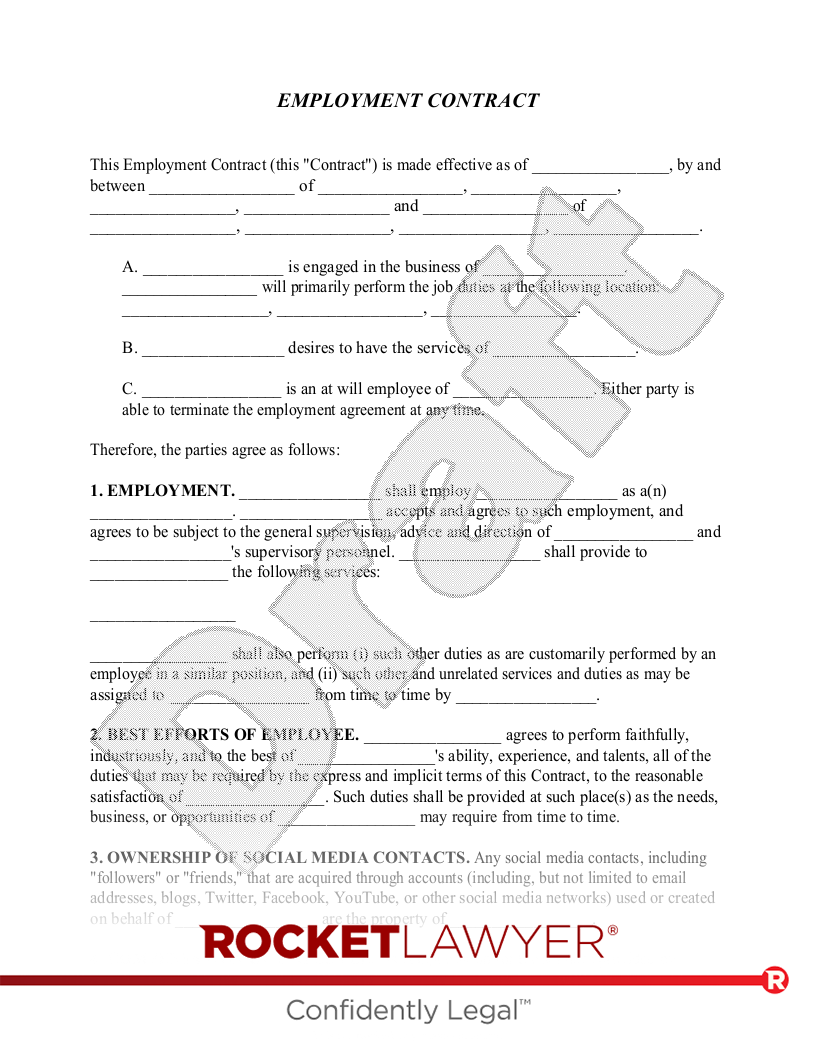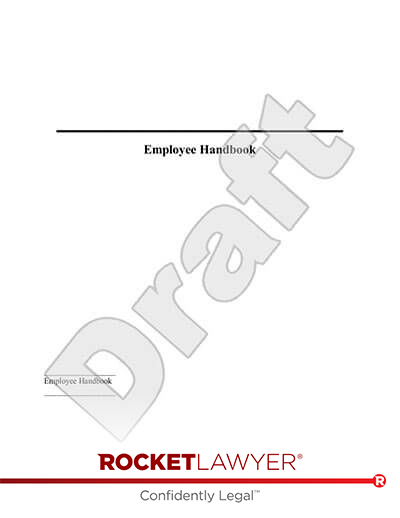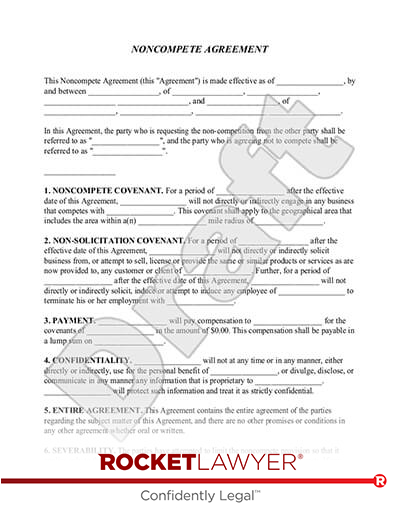Employment and HR
People are your #1 asset. Let us help you manage your team.
- Jason R. & Team
- Rocket Lawyer member since 2013
Ask us anything legal.
Get instant Al insights with Rocket Copilot or talk to a Legal Pro.

Need a legal answer? Choose your path
Try Rocket Copilot (Beta) for instant answers!
Need more personalized guidance? Ask your questions, and our Legal Pros will respond within 1 business day.
Legal guides
-
- Can Work-From-Home Employees Write Off a Home Office?
- 3 min read
-
- Employer Responsibilities Under OSHA
- 2 min read
-
- Do I Need a Healthcare Attorney?
- 3 min read
-
- Do I Need a Labor Lawyer?
- 2 min read
-
- Responding to OSHA Complaints
- 2 min read
-
- An Employer's Legal Rights After an Employee Leaves
- 4 min read
-
- Social Events Outside of Work
- 5 min read
-
- Reporting OSHA Violations
- 3 min read
-
- Americans with Disabilities Act Summary
- 2 min read
-
- Maintaining Morale in the Workplace
- 3 min read
-
- Trouble Hiring? The IRS Can Help
- 3 min read
-
- Federal Holiday Pay and Benefits for Contractors
- 4 min read
-
- Handling a Subpoena or Search Warrant at Your Business
- 4 min read



